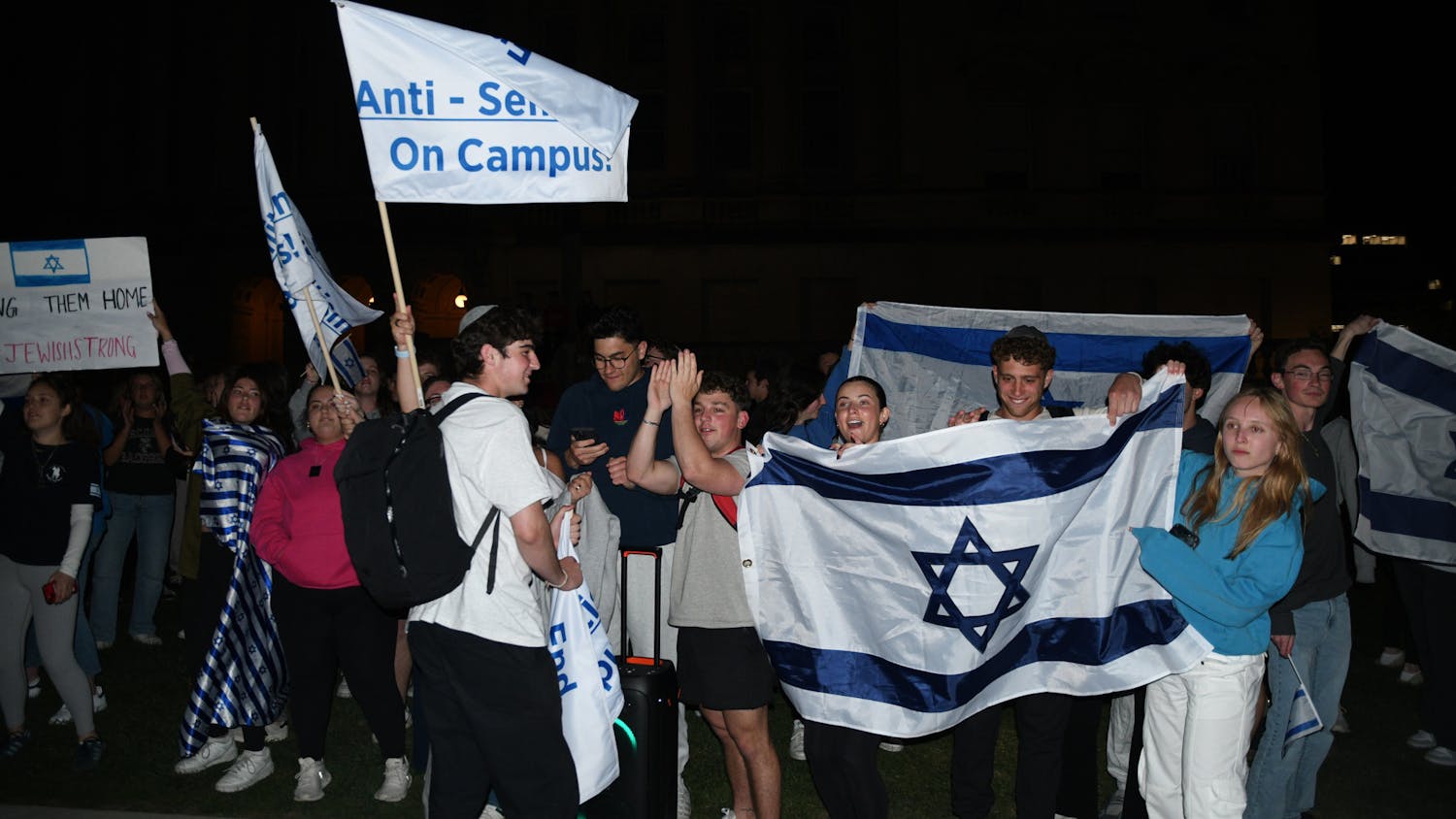Congress presented President Bush with its approval for his war plan after the Senate passed the Iraq Resolution on a 77-23 vote following hours of debate that ran into early this morning.
The House passed the resolution Thursday, with 296 approving and 133, U.S. Rep. Tammy Baldwin, D-Madison, among them, remaining opposed. In a speech on the House floor Tuesday, Baldwin warned of the danger inherent to provoking a war with Iraq.
\The President's case for war emphasizes the potential threat from Iraq. ...War is far from risk free,"" she said. ""A rat backed into a corner will fight, not surrender.""
In the Senate, a motion to delay the vote on the proposal was rejected 75-25. The Senate's version of the resolution is co-authored by Majority Leader Tom Daschle, D-SD, one of several key Democrats who reversed position to support its passing.
""I believe it is important for America to speak with one voice,"" he said.
Sen. Herb Kohl, D-Wis., agreed to vote for the resolution, while Sen. Russ Feingold, D-WI, voiced his opposition in a speech on the Senate floor Wednesday.
""I am concerned that the president is pushing us into a mistaken and counterproductive course of action,"" he said. ""Instead of this war being crucial on the war on terrorism, I fear it could have the opposite effect.""
The resolution demonstrates the will of Congress to support the President regardless of what action his administration takes. It also encourages Bush to exhaust all diplomatic options before a unilateral strike, but gives clear permission to pursue his request for unfettered inspections in Iraq, and a first strike policy if negotiations break down in the United Nations.
The current version omits a previous requirement that Bush seek continued approval from Congress after 60 days of military action, but obligates him to report to congress within 48 hours of any kind of pre-emptive attack. The president also must assure Congress at that time that the war on terrorism will be unaffected.
Wisconsin's representatives in the house voted almost entirely along party lines with four Republican representatives in favor and four Democrats against. Only U.S. Rep. Ron Kind, D-La Crosse, voted opposite his party affiliation and supported the resolution.
""Unfortunately, we are dealing with a person who will not disarm, as required by numerous UN resolutions, unless there is a threat of using force to make him do so,"" he said.
Political analysts said the resolution grants the president no actual power that he doesn't already possess, but rather assures him of congressional support.
""The resolution has more important political consequences than legal or constitutional ones,"" said UW-Political Science Professor David Canon. ""Bush will certainly use it to seek support with our allies.""
Others said they believe a unilateral attack is inevitable and the resolution is intended solely to placate officials at home.
""Domestically [the resolution] is important,"" UW Political Science Professor Bruce Cronin said. ""Internationally, I think they expect the Bush administration to launch an attack regardless... The weapons inspections are kind of a smoke screen.\





